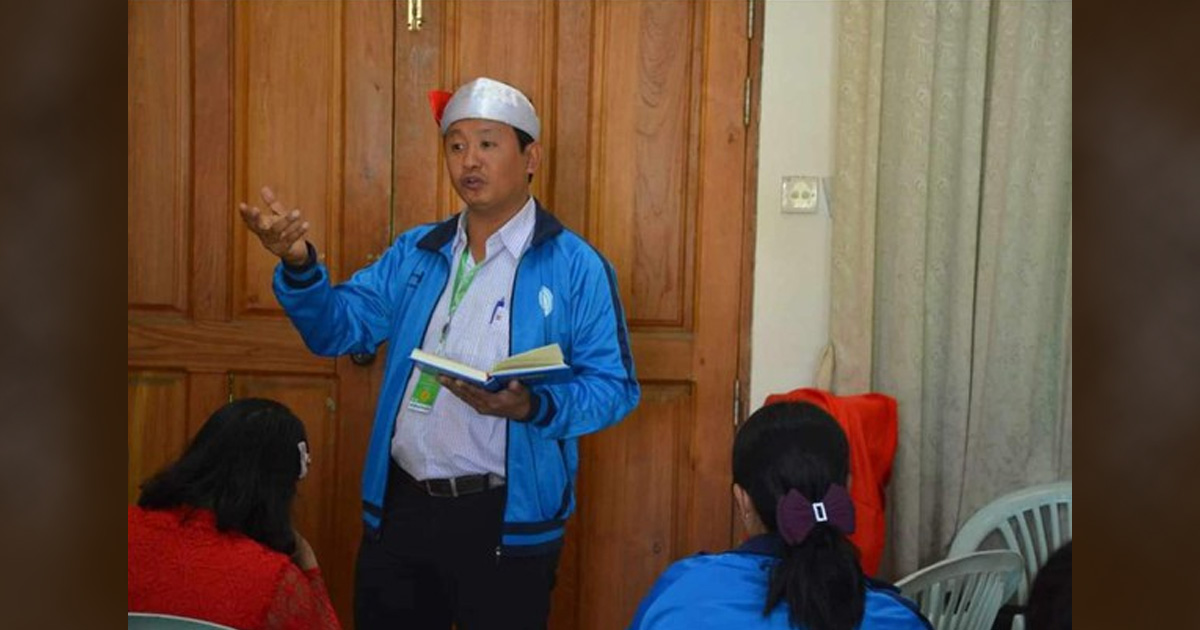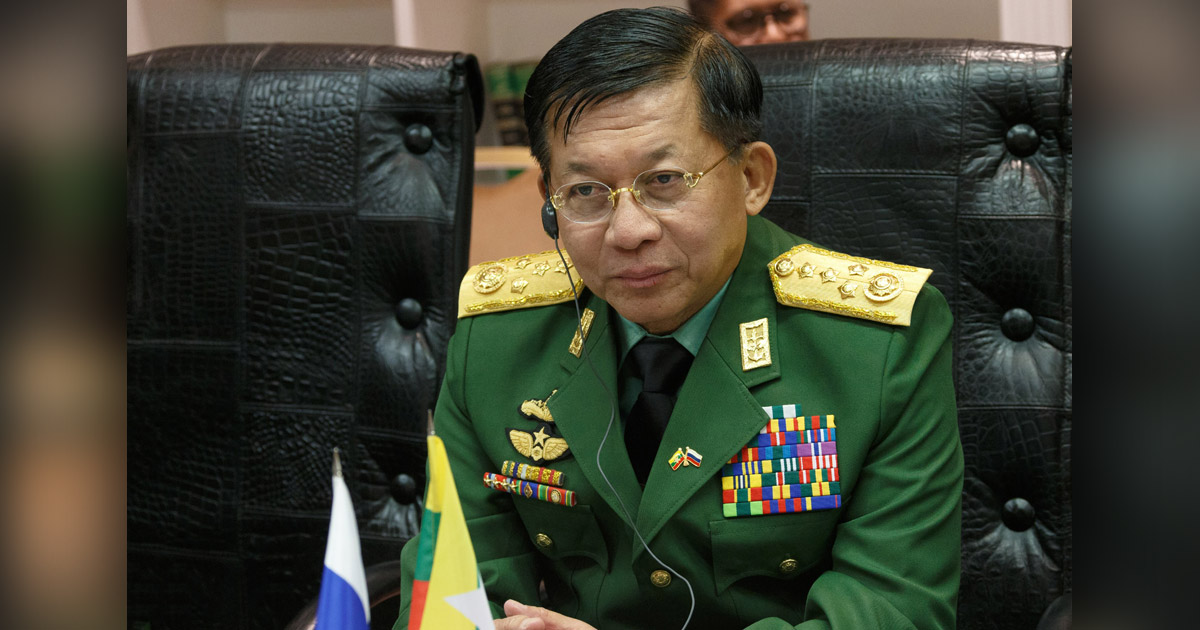
Photo: Flickr / CortoMaltese_1999 (cc)
For many years, warring factions have caused issues throughout the country of Myanmar (also referred to as Burma). While most members of the population are Buddhist, some tribal groups such as the Chin and Karen peoples have large Christian communities. There is also a significant Muslim population among the Rohingya people.
Tribal and religious tensions within Myanmar have been evident for many years. In 2017, hostilities came to a head for the Rohingya people, causing many to flee to the neighbouring country of Bangladesh to escape what has been described as "ethnic cleansing" by governmental forces. The global response to that situation has been significant.
This past February, a military coup overthrew the democratically elected government. In the aftermath of the political takeover, there were concerns of increasing levels of violence being perpetrated against the country's Christians. These suspicions have since proven to be accurate. As the military turns their attention to rebel forces fighting in Chin State, as well as other areas where rebel groups have been opposing the military junta, the violence seems to be targeting Christians. This is leading to fears among human rights activists of an ethnic cleansing, similar to what has been taking place among the Rohingya people.
Church congregations, along with their leaders, appear to be particularly targeted by Myanmar's military forces. For example, a Baptist church and several residences in the village of New Thlanrawn were vandalized on October 16th. According to the villagers, the military first attempted to burn the buildings, but the structures were too wet from the rain that occurred. Furthermore, in the town of Thantlang, Chin State, more than 160 buildings were destroyed, including at least two churches. When Pastor Cung Biak Hum attempted to intervene, he was killed during the raid. Afterwards, the attackers removed the pastor's finger in order to steal his wedding ring.
On November 9th, a Catholic church in Pekhon, Shan State, was attacked for the second time within six months. While no one was injured in this incident, the church's windows and furnishings were damaged. Three days earlier, the building of a nearby convent was also ravaged.
Benedict Rogers, a human rights activist with Christian Solidarity Worldwide, describes there being a "deep-seated hostility" within the country towards non-Buddhist religious minorities. When speaking to an Al Jazeera news reporter, he stated: "[The military] have often used religion as a tool of repression. They have sowed religious nationalism, and that has been the case for decades." He further explains that, since the coup, these patterns have only intensified: "Christians have certainly been targeted, both for their religion and their ethnicity." To read previously posted reports on the persecution of Christians in Myanmar, and/or to view brief video documentaries, go to our country report.
Please pray that Myanmar's Christians will serve as agents of God's peace in the midst of the violence. May the destructive actions of the military that are being directed against these targeted followers of Christ ultimately cease. In the meantime, prayerfully uphold the many believers who have been forced to flee their homes, as well as the churches that have had their properties destroyed. Ask our Heavenly Father to abundantly provide for their practical needs, comfort them with His presence, and imbue them with strength so they will not only persevere, but victoriously overcome every onslaught of the enemy through the power of the cross.

 Population
Population



